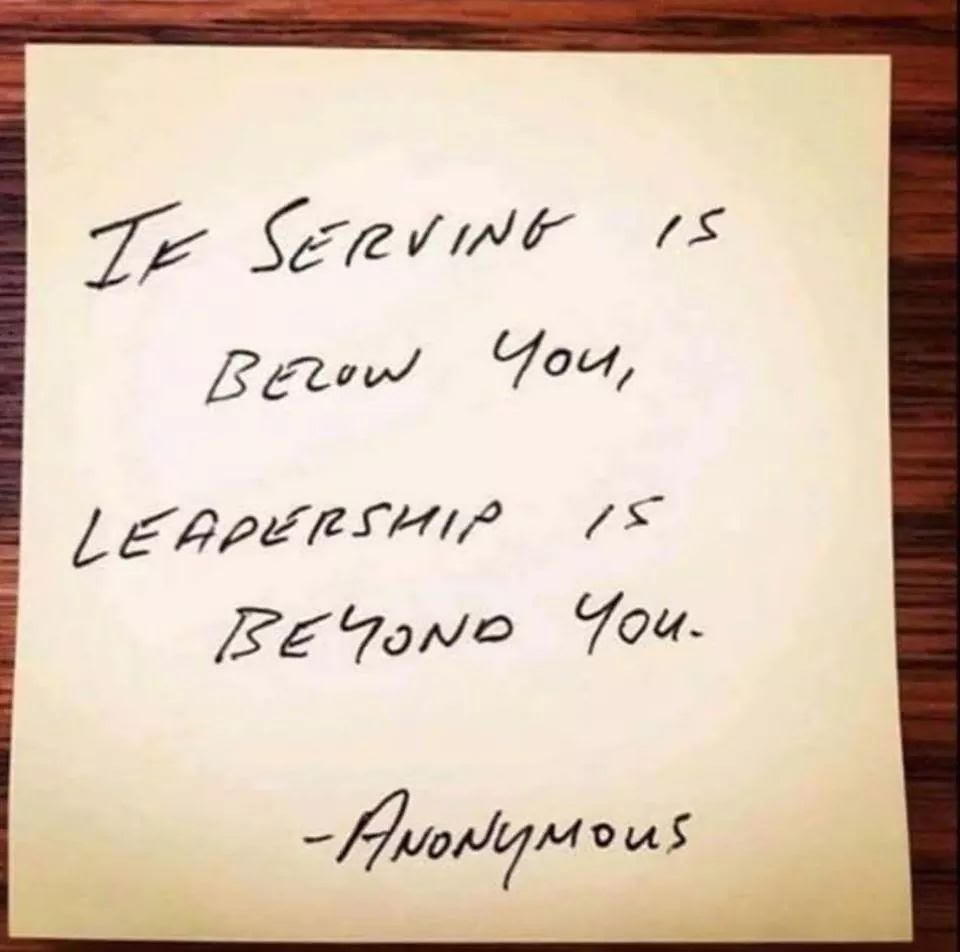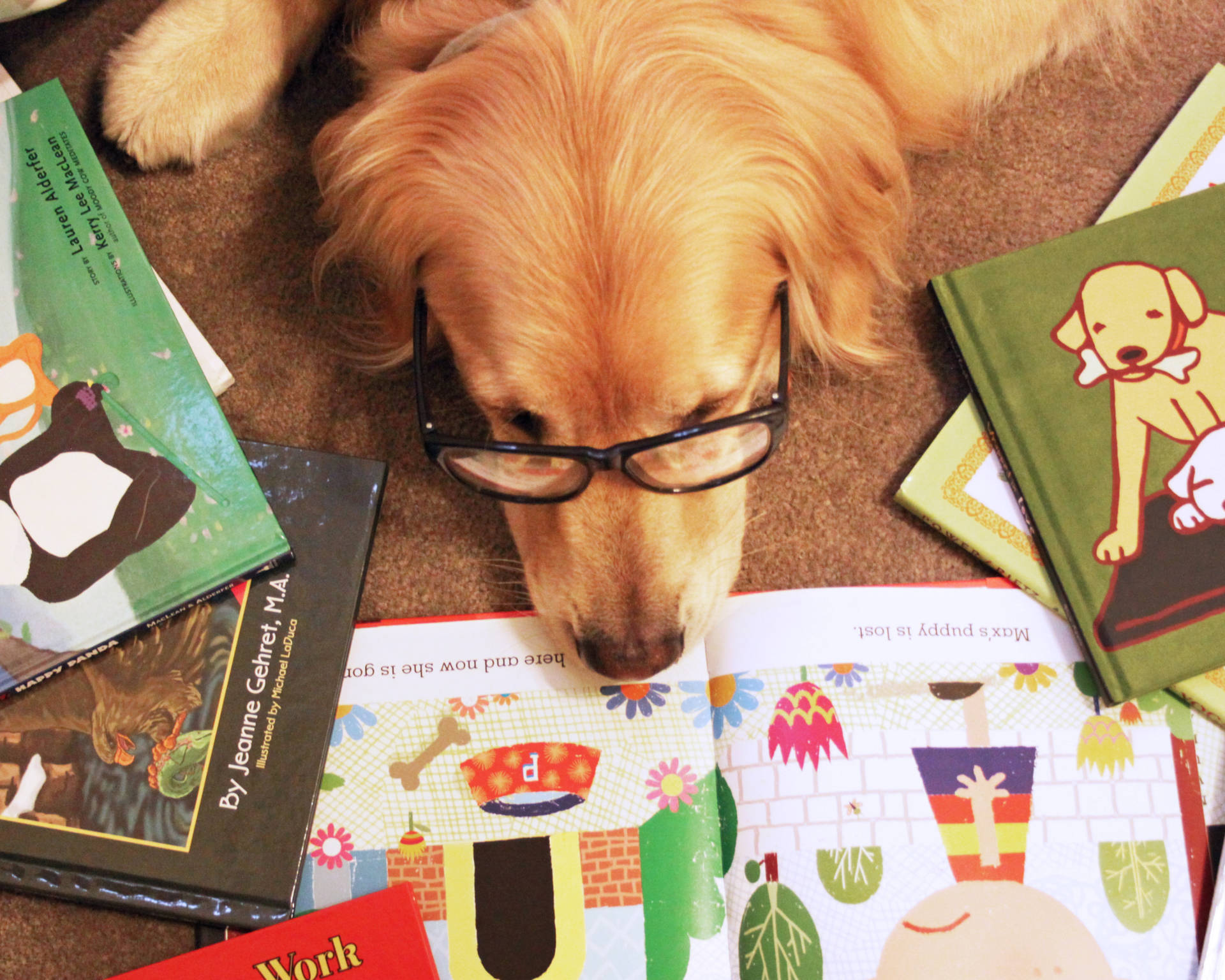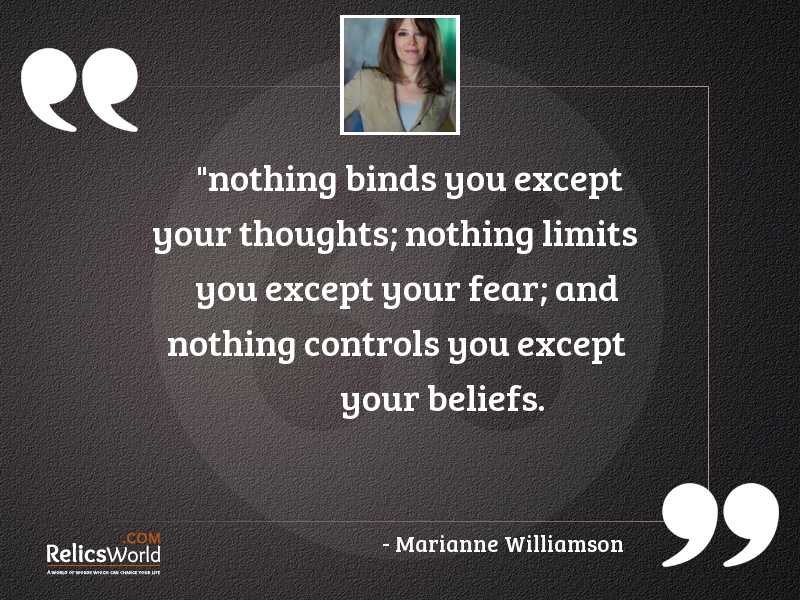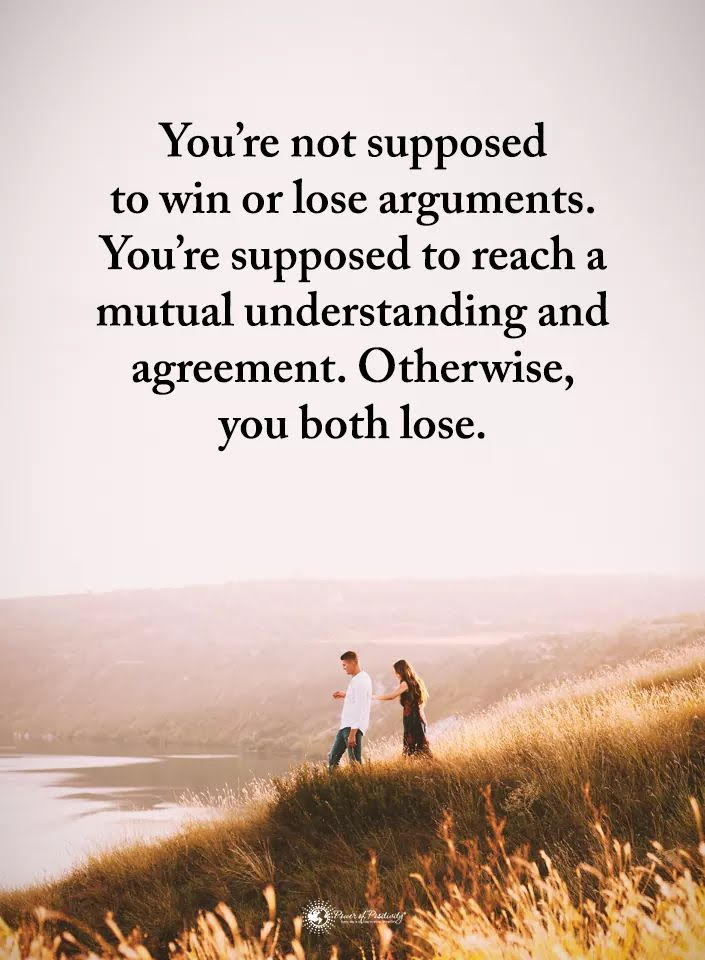Call him a “mutt” or “half-breed” or “exotic mix,” he’s still our treasured family member. And today is his day. It’s National Mutt Day, also known as National Mixed Breed Day. Well, one of the annual days, since it’s also celebrated on Dec. 2. But, hey, humans’ best friend deserves two days.
Animal welfare advocate Colleen Paige established this day in 2005 to counter the trend toward designer-dogs and pure breeds. plus over-breeding, especially by puppy-mills to supply pet stores with these dogs. The result has been sick and extremely neglected dogs.
Meanwhile, 80% of dogs in shelters are mixed breeds just waiting to be adopted before they’re euthanized. This day is intended to point out that mutts generally live longer, are healthier, naturally better behaved, and can just as easily be trained to be service dogs, bomb/drug-sniffers, search and rescue–you name it. And they’ll wag “I-love-yous” even when you’re grouchy.
Think about it.







